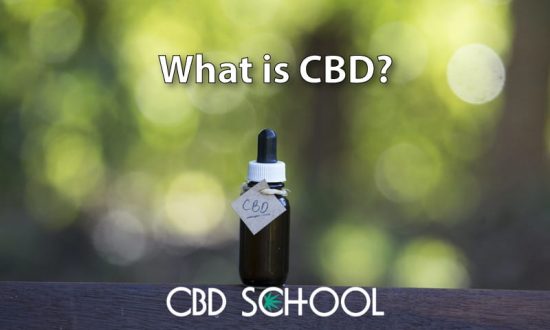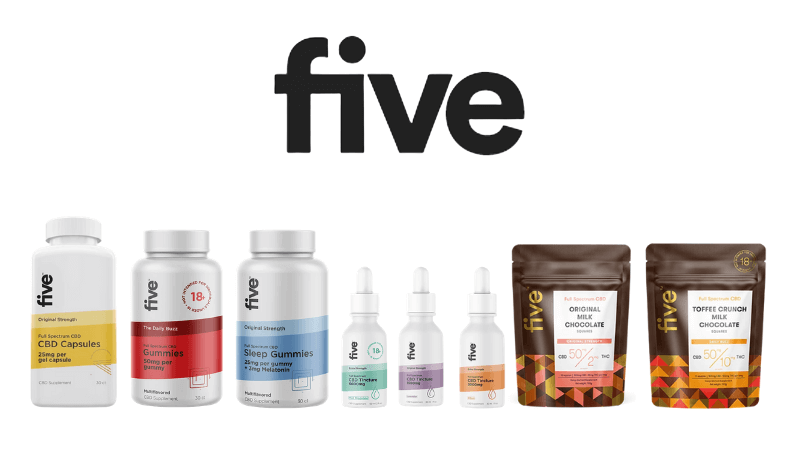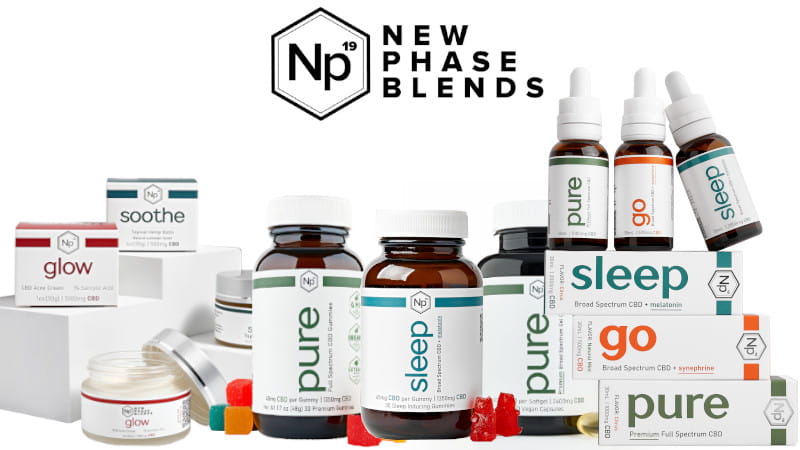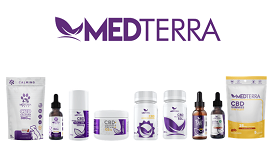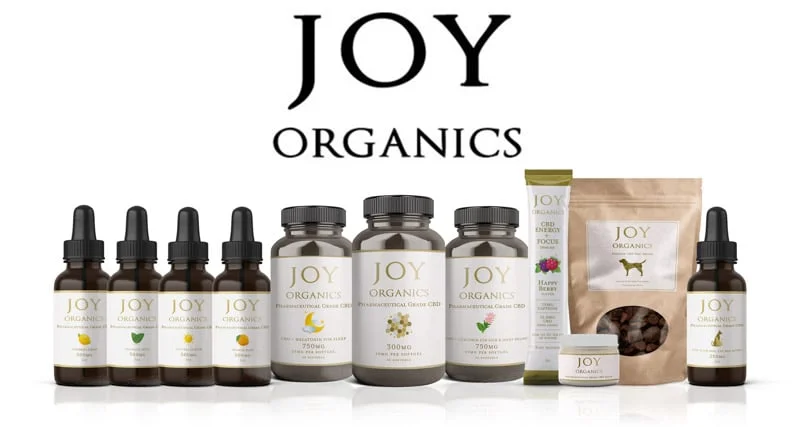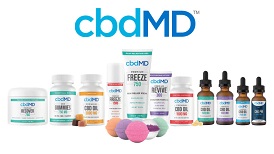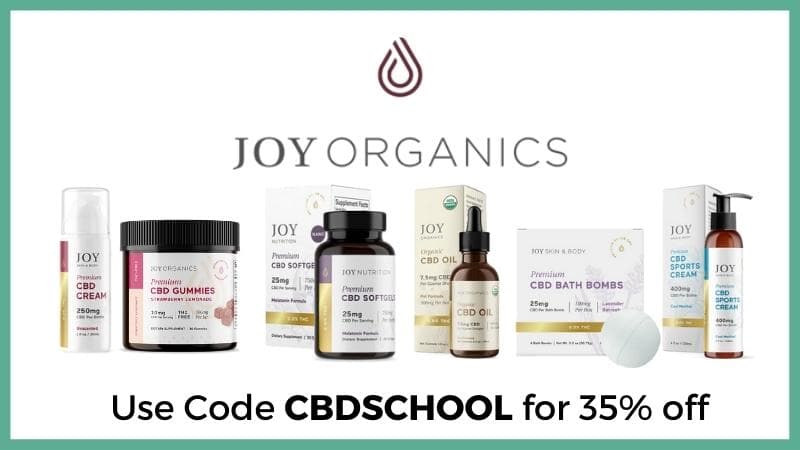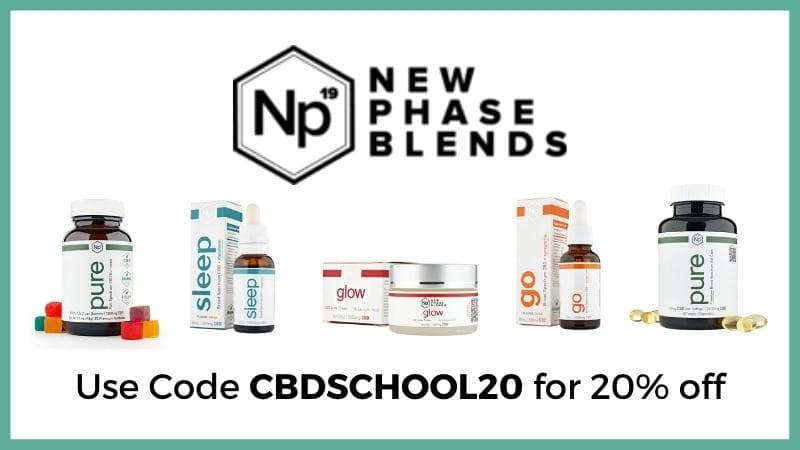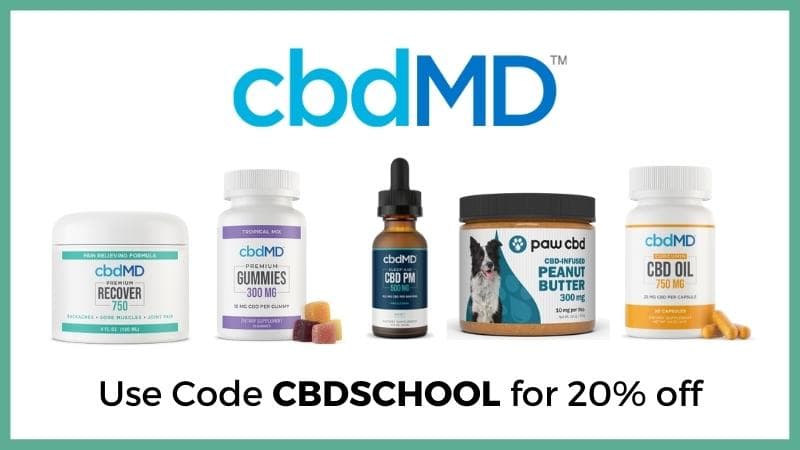CBD School was founded on the idea of educating people about the cannabinoid known as CBD, or cannabidiol. While that sounds great, what is CBD? What’s the deal with this popular, natural compound that people all over the world now know by name? Today’s article is a perfect starting point for those who don’t know what CBD is, or why people use it.
What is CBD (Cannabidiol)?
Cannabidiol, or simply CBD, is one of over 100 different compounds known as cannabinoids within the cannabis plant.
One of the trusted brands CBD School works with, New Phase Blends, has a great video on explaining what CBD is. You can check it out below:
Ever heard of THC? THC is another cannabinoid known for its’ intoxicating effects when ingested. While THC and CBD are both cannabinoids, they are quite different in this regard because CBD is completely non-intoxicating.
A lot of people report getting benefits from consuming CBD. For this reason, companies started producing hemp-derived CBD products and selling them.
What Does CBD Stand For?
As mentioned previously, CBD is an abbreviation for cannabidiol. All cannabinoids are abbreviated like this. Here are some other abbreviations you may run into when reading about cannabinoids:
- CBN – cannabinol
- CBG – cannabigerol
- CBC – cannabichromene
Remember, there are over 100 cannabinoids. Keep in mind, they are all similarly abbreviated like this.
Can CBD Get You High?
No, CBD cannot get you high. It is simply not possible to feel the effects of CBD like you would THC.
THC has what is known as a high binding affinity for the CB receptors in our bodies. In other words, THC binds extremely well to the CB1 receptor, which is one of the reasons it makes people feel high.
CBD, conversely, does not bind that well. This is why CBD isn’t psychoactive, and also non-addicting.
How Does CBD Work?
This is a rather complicated area that the scientific community is still learning about.
In a nutshell, CBD works by interacting with the body’s endocannabinoid system. This bodily system was discovered in the 90’s, and it does a bunch of different things.
The main function is to keep the body in a state of homeostasis, or simply it keeps the body running smoothly.
It does this by utilizing both endocannabinoids (cannabinoids produced by the body) and cannabinoids (like CBD). As cannabinoids are produced, or consumed, they target the CB1 and CB2 receptors. The result is a bunch of different outcomes like pain relief, anti-anxiety functions, or inflammatory responses.
Endocannabinoid System Receptors
These receptors are literally everywhere. Take a look at this chart that shows the locations of the CB receptors:
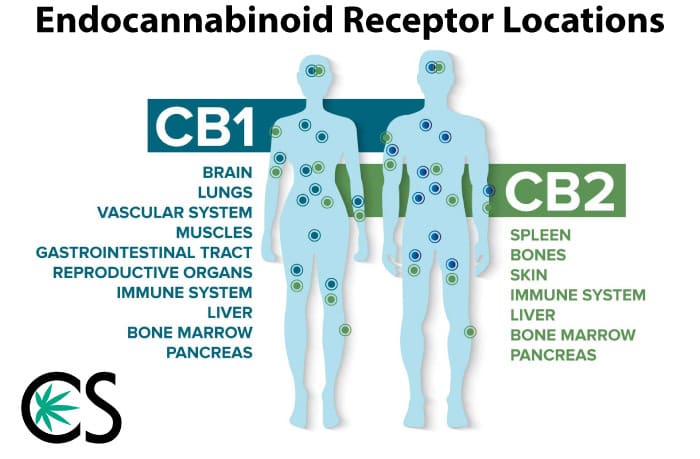
If your endocannabinoid system is out of whack, it can wreck havoc on your body. People can actually suffer from endocannabinoid deficiencies, which can cause some nasty side effects.
Potential Health Benefits of CBD
Technically, the Food and Drug Administration has not approved the use of CBD as a dietary supplement. This means that no medical claims can be made as to what CBD oil may help with.
However, here are some studies (and thousands of user reviews that rave about the benefits of CBD) that had some interesting outcomes:
Using CBD to Dull Neuropathic (Nerve) Pain
“Our findings demonstrate that the transdermal application of CBD oil can achieve significant improvement in pain and other disturbing sensations in patients with peripheral neuropathy.”
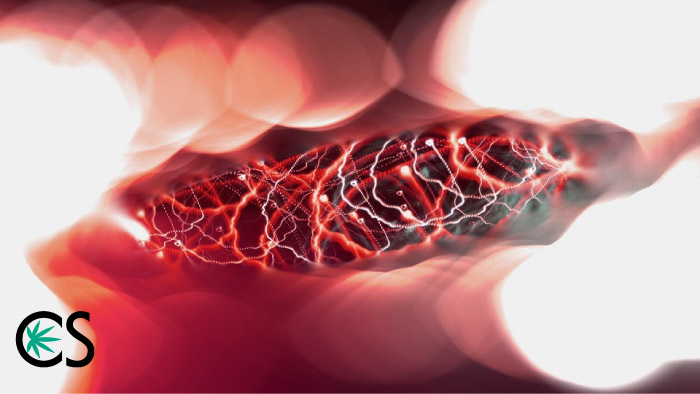
These were the conclusions in a study written by Zou and Kumar.
Help From Chronic Pain Disorders
Chronic pain is a bit different from typical aches and pain. Chronic pain is a form of pain that never really goes away. It can become so severe that it will cause people’s lives to spiral out of control. Using CBD to help chronic pain has been backed by numerous studies.
Anxiety Disorders
“Preclinical evidence conclusively demonstrates CBD’s efficacy in reducing anxiety behaviors relevant to multiple disorders, including PTSD, GAD, PD, OCD, and SAD, with a notable lack of anxiogenic effects.”
Using CBD for Sleep
Read more: The Best CBD Oil for Sleep
“This survey indicated that CBD users take the drug to manage self-perceived anxiety, stress, sleep, and other symptoms, often in low doses, and these patterns vary by demographic characteristics.”
A LOT of people are finding that CBD mixed with melatonin is even stronger that CBD alone.
Multiple Sclerosis and CBD Use
Where Does CBD Come From?
CBD is found in the cannabis plant family. This plant family is made up, mainly, of cannabis sativa, and cannabis indica.
Industrial hemp is also known as cannabis sativa, while marijuana is cannabis indica.
Both of these plants are identical, except for their THC content. Man made regulations have determined that cannabis sativa shall have a THC content of no more than 0.3%, while cannabis indica can have no limit on the amount of THC within the plant.
For this reason, legal CBD products will come from hemp. Because of this, CBD products will not get you high. There is not enough THC content in hemp to get you high.
Is CBD Legal?
Up until 2018, CBD actually was not federally legal. The Farm Bill of 2018 differentiated hemp from marijuana, and made all hemp-derived compounds legal as long as the THC content remained under 0.3%.
Related: State by State Guide on CBD Laws
This is why on CBD products you always see the “this product contains under 0.3% THC” or other similarly worded disclaimers.
Keep in mind that just because CBD is federally legal doesn’t mean it is legal in your state. While most states have just copied the federal laws on CBD products, a few states have more strict regulations. Check out the CBD State Laws Guide by CBD School to double check your state laws.
What Are The Best CBD Brands?
Discover: Joy Organics CBD
As long as you choose a brand that actually sells REAL CBD products, you will likely be good to go. This is, sometimes, easier said than done.
Remember how we mentioned earlier that CBD isn’t regulated, yet? Well, some companies attempt to sell things like hemp seed oil, and lie to you by telling you it is CBD oil. Hemp seed oil is a healthy oil, but it has no cannabinoid content at all.
When you buy fake, or under dosed, CBD oil, they (surprise!) don’t work, don’t last as long, and make you think CBD is a scam. Please be careful.
Ever try to buy CBD on amazon? Well, this type of scam happens on amazon all. the. time. Please, exercise caution. We recommend you shop our trusted brands, or any other brand that has been reviewed by CBD School. This way, you only end up with recommendations for the best of the best CBD oils out there.
Most brands will sell a somewhat similar product. Just make sure the hemp they use is organic, and that there is no weird chemicals in the end product.
What Amount of CBD Do I Need?
The dosing of CBD products can be different from person to person. Check out our guide on CBD dosing for more information on how much CBD you might need to take for your conditions.
Remember, there is no established dosage for CBD from the Food and Drug Administration, since CBD isn’t authorized for use as a dietary supplement.
Summary – What is Cannabidiol (CBD)?
I hope you learned at least a little bit about CBD (cannabidiol). It seems that there is a lot of promise in this natural compound to help a lot of people in many different ways.
If you are considering trying out CBD products, please, check out some of the brands on this website. We have the best coupon codes that exist for the best brands – you don’t want to miss out.
Enjoying your read? Sign up to be a part of the CBD School community, and we’ll send you a free eBook called The Beginner’s Guide to CBD. It will get you caught up in all things CBD. Additionally, you’ll get updates on the best CBD products and discounts in the industry.
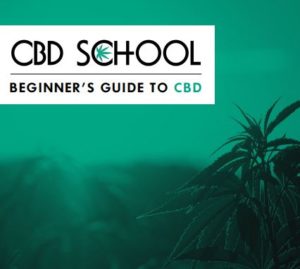
References
Blessing EM, Steenkamp MM, Manzanares J, Marmar CR. Cannabidiol as a Potential Treatment for Anxiety Disorders. Neurotherapeutics. 2015;12(4):825-836. doi:10.1007/s13311-015-0387-1
Moltke, J., Hindocha, C. Reasons for cannabidiol use: a cross-sectional study of CBD users, focusing on self-perceived stress, anxiety, and sleep problems. J Cannabis Res 3, 5 (2021). https://doi.org/10.1186/s42238-021-00061-5
Xu DH, Cullen BD, Tang M, Fang Y. The Effectiveness of Topical Cannabidiol Oil in Symptomatic Relief of Peripheral Neuropathy of the Lower Extremities. Curr Pharm Biotechnol. 2020;21(5):390-402. doi: 10.2174/1389201020666191202111534. PMID: 31793418.
Zou S, Kumar U. Cannabinoid Receptors and the Endocannabinoid System: Signaling and Function in the Central Nervous System. Int J Mol Sci. 2018;19(3):833. Published 2018 Mar 13. doi:10.3390/ijms19030833
